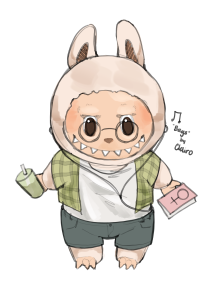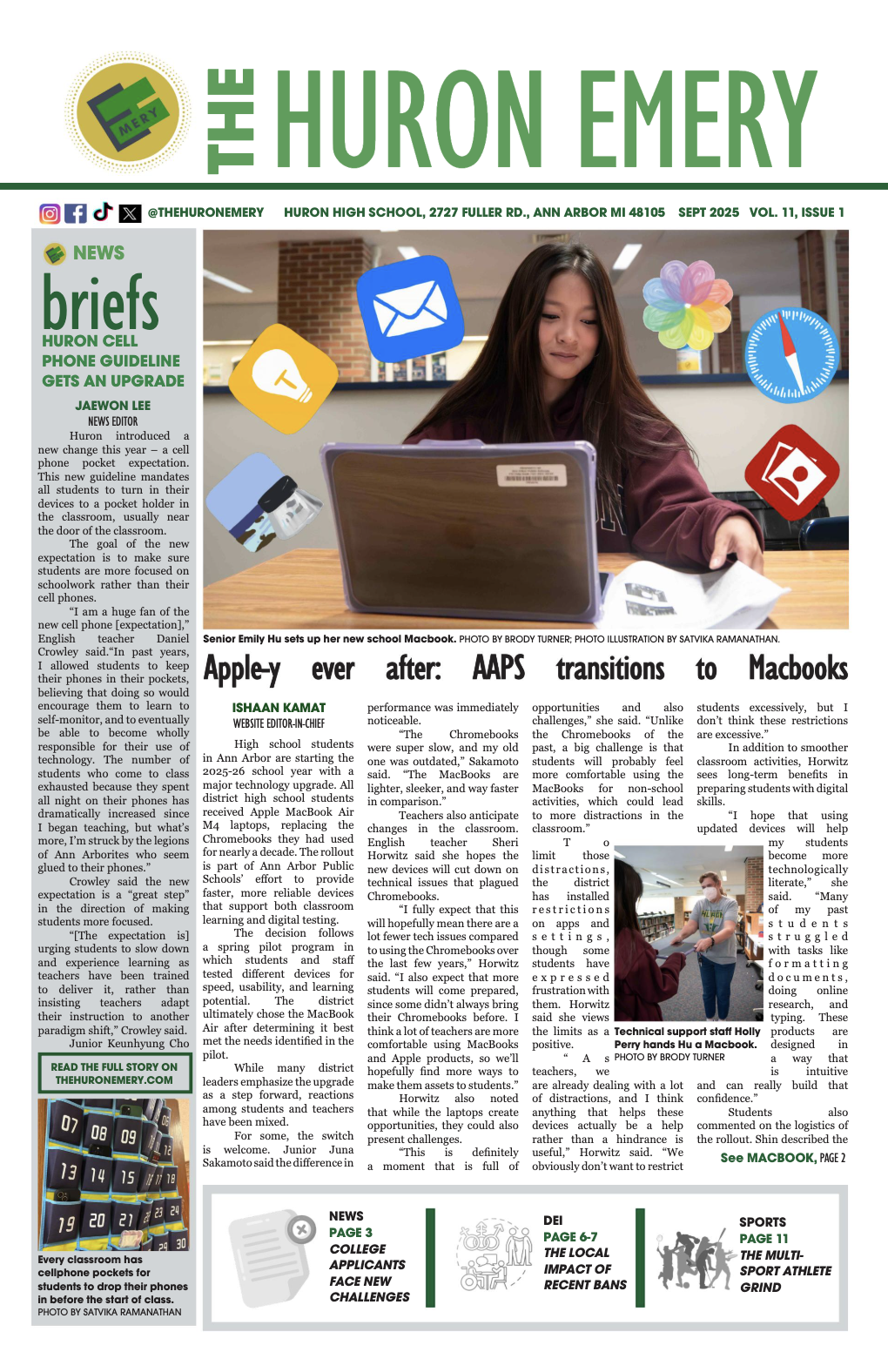The issue behind the “Cats vs. Dogs” debate
The tell-tale “cat vs. dog” debate is not as innocent as it seems. At its root, misogyny is at play.
March 28, 2022
“Cats or dogs?” they ask as you look down at your “get to know you sheet” on the first day of school. As you walk around and share your stance on the debate that has taken over every icebreaker since you were in kindergarten, you wonder why it’s normal for people to hate cats when they have never had a bad experience with them. The answer is misogyny.
To be clear, many people may have had bad experiences with cats. But hate around cats just to hate them is rooted in misogyny.
Cats are portrayed in society as sneaky, independent, lonesome, and evil. There is a big difference in the way that dogs are portrayed. Society refers to dogs as loving, playful, smart and fun. With the difference in how society pictures the two animals, people will always want to love the animal that is playful and easy to love. Not the one who’s evil.
Additionally, dogs are considered “man’s best friend.” The phrase “man’s best friend” connects dogs to being man’s companion. This illustrates dogs to have a masculine figure. This phrase doesn’t just illustrate dogs as masculine, it also creates a positive light around dogs. Your best friend should be someone who supports you and is by your side. With the best friend label next to dogs, it represents dogs in a positive light. No one will bat an eye at how many dogs a man has because he has his “best friends” by his side.
In comparison, a woman that has cats is called a “crazy cat lady.” The biggest difference between these two phrases is the message behind them. A woman who has cats is considered crazy when a man with a dog is normal. With the phrase “man’s best friend,” there’s no female expression for dogs. This is the same with “crazy cat lady,” there’s no male expression for cats. This creates the idea of gender bias between the two animals.
The gender bias is not just shown through the animals. Socially, women are referred to by cat-like terms.
For instance, the expression “catfight.” This phrase is used to describe when two women get into a fight. Since this expression is used in a negative context, it pushes the troubling gender bias question of “does using cats as a feminine symbol help create misogynistic views?”
The answer to this question is yes.
In addition, this expression isn’t the only cat phrase used when speaking about women in society. The term “catty” can be used to describe someone who is spiteful and mean-spirited. Even though this expression can be used at any time, it is mostly used to describe a woman in a negative tone. When you look at the words from an outside point of view, it is easy to see that some of the words that we use to describe women have a misogynistic connotation behind them. These misogynistic backgrounds prove that we use cat-like terms to describe women. With cats connecting to misogyny, socially we use an animal to treat women in a negative way.
The two phrases prove that socially, cats are used to describe women in a misogynistic way. Next time you decide to say “crazy cat lady” or just “I hate cats,” stop and think if you have reasoning behind it. You might be surprised by the answer.















